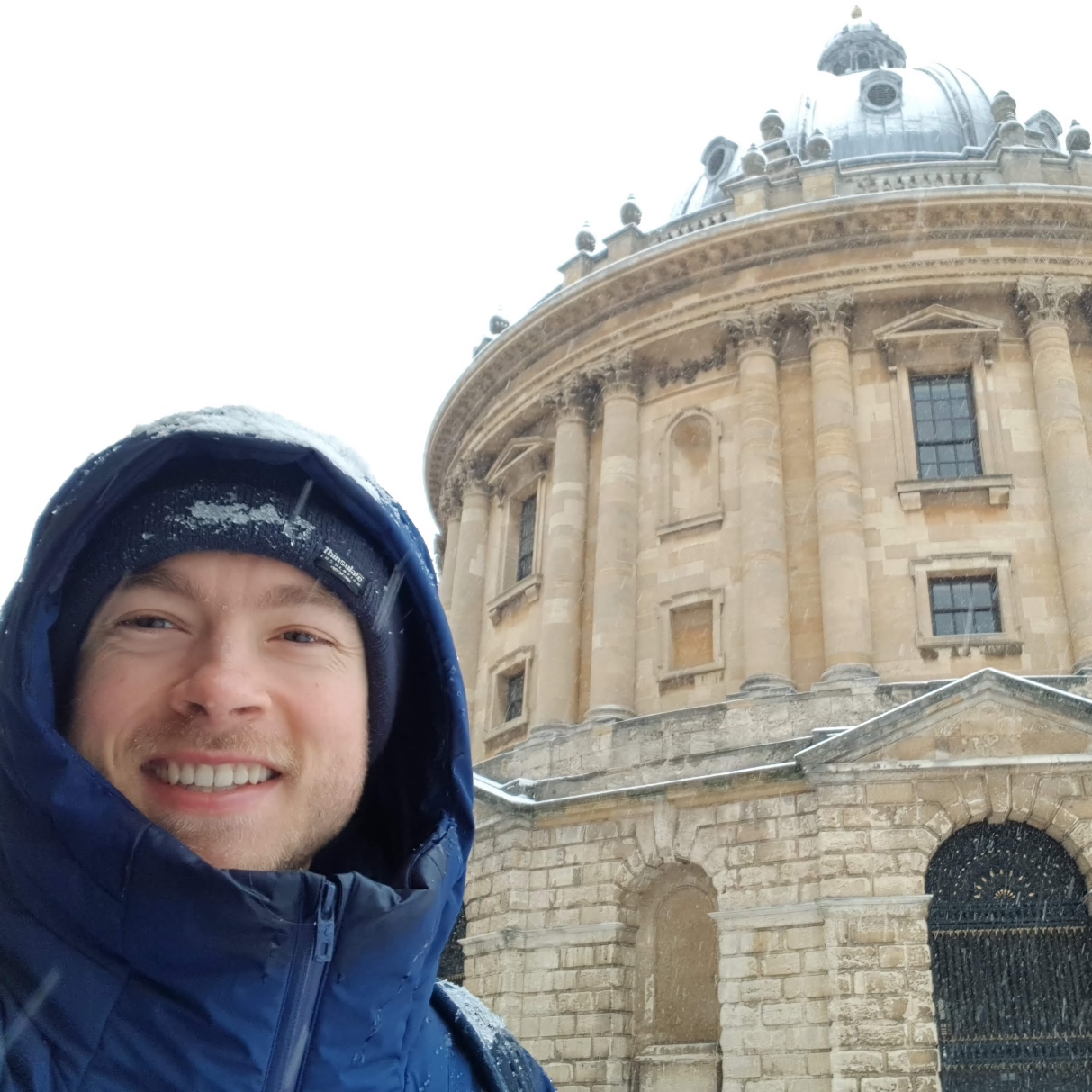+– {: .rightHandSide} +– {: .toc .clickDown tabindex=”0”}
Context
Higher category theory
+– {: .hide} [[!include higher category theory - contents]] =– =– =–
#Contents#
Idea
| Meshes are towers of constructible [[stratified space#stratified_bundle | stratified bundles]] that can be embedded in trivial directed line bundles. Meshes play a central role in the ‘local’ description of directed (namely, [[directed space#framed_spaces | framed]]) regular [[cell complex | cell]] and dual-cell complexes. |
Definition
| Meshes are [[stratifications]] with additional [[structure]] (namely, structure that records spatial [[directed space | directions]] via framings). Recall, the [[fundamental category]] functor $\mathcal{E} : \mathcal{S}\mathit{trat} \to \mathbf{Cat}_\infty$ from the $\infty$-category of [[stratified space#conical_strat | (conical) stratifications]] to the $\infty$-category of [[∞-categories]]. For defining fundamental categories, we work with [[stratified space#exit_entrance_conv | entrance paths]] (which is the opposite convention to working with [[stratified space#exit_entrance_conv | exit paths]]). |
\begin{rmk} For simplicity, in the below one can replace $\infty$-category $\mathcal{E}$ with the fundamental [[poset]] $\mathsf{E}$, obtaining an equivalent definition of $n$-meshes (even though the definition of general $n$-mesh bundles will differ). \end{rmk}
\begin{defn} A 1-mesh is a is a [[framing|framed]] [[contractible]] $k$-[[manifold]] $M$, $k \leq 1$, together with a [[stratification]] $f$ on $M$ whose strata are open $l$-disks, $l \leq 1$. \end{defn}
Contractibility implies that any 1-mesh framed embeds in standard framed $\mathbb{R}$: we call such embeddings mesh-trivialization.
| \begin{defn} A 1-mesh bundle $p : (M,f) \to B$ is a [[stratified space#stratified_bundle | stratified bundle]] bundle with 1-mesh fibers $(M_x, f_x)$, for $x \in B$, and a fiberwise mesh-triviailizing bundle embedding $p \hookrightarrow (\pi_B : B \times \mathbb{R} \to B)$ into the trivial $\mathbb{R}$-bundle over $B$, such that |
- $\mathcal{E}(p)$ is an [[exponentiable fibration]],
- $\mathcal{E}(p_{(0)})$ is an [[opfibration]],
- $\mathcal{E}(p_{(1)})$ is a [[fibration]],
where $p_{(i)}$ denotes the restriction of $p$ to the union of strata in its domain that are of dimension $i$ in all fibers they intersect. \end{defn}
\begin{defn} An $n$-mesh bundle $M$ over a base stratification $(B,g)$ is a tower of 1-mesh bundles \((M_n, f_n) \to (M_{n-1}, f_{n-1}) \to ... \to (M_1, f_1) \to (M_0,f_0) = (B,g)\) If $(B,g) = \ast$ is the trivial stratification then we speak of an $n$-mesh $M$. \end{defn}
\begin{rmk} There are several equivalent phrasings and further variations of the definitions of 1- and $n$-mesh bundles. For instance, the original assumption of contractibility in the definition of 1-meshes can be weakened. \end{rmk}
\begin{terminology} An $n$-mesh $M$ is call closed if $M_n$ is [[compact]], and open if $M_n \cong \mathbb{R}^n$. \end{terminology}
\begin{defn} An $n$-mesh map $F : M \to N$ is a stratified map of towers that fiberwise preserves the framing. (In fact, this makes mesh maps framed maps in the sense of [[directed+topological+space#framed_spaces|framed directed spaces]].) \end{defn}
Properties
Cell structures
Closed meshes are regular cell complexes. More generally, meshes $M$ are stratified $0$-types (meaning $\mathcal{E}(M_i,f_i)$ are $0$-[[truncated]] as $\infty$-categories).
Classification
The fundamental categories $\mathcal{E}(M) = \mathcal{E}(f_n \to f_{n-1} \to … \to f_0)$ of meshes are certain towers of poset maps ‘with structure’: this gives rise to a combinatorial notion dubbed [[trusses]]. In fact, meshes up to framed stratified homeomorphism are classified by trusses (see at [[trusses]] for more).
Duality
As a consequence of the classification of meshes by trusses, we obtain a involutive dualization endofunctor on the category of meshes. This functor can be understood as a geometric dualiation operation. It maps open to closed meshes and vice versa.
Related concepts
-
[[trusses]]
-
[[manifold diagrams]]
-
[[framed combinatorial topology]]
References
-
{#DornDouglas22} Christoph Dorn and Christopher Douglas, Manifold diagrams and tame tangles, 2022 (pdfs)
-
{#DornDouglas21} Christoph Dorn and Christopher Douglas, Framed combinatorial topology, 2021 (pdfs)
[[!redirects mesh]] [[!redirects meshes]]
